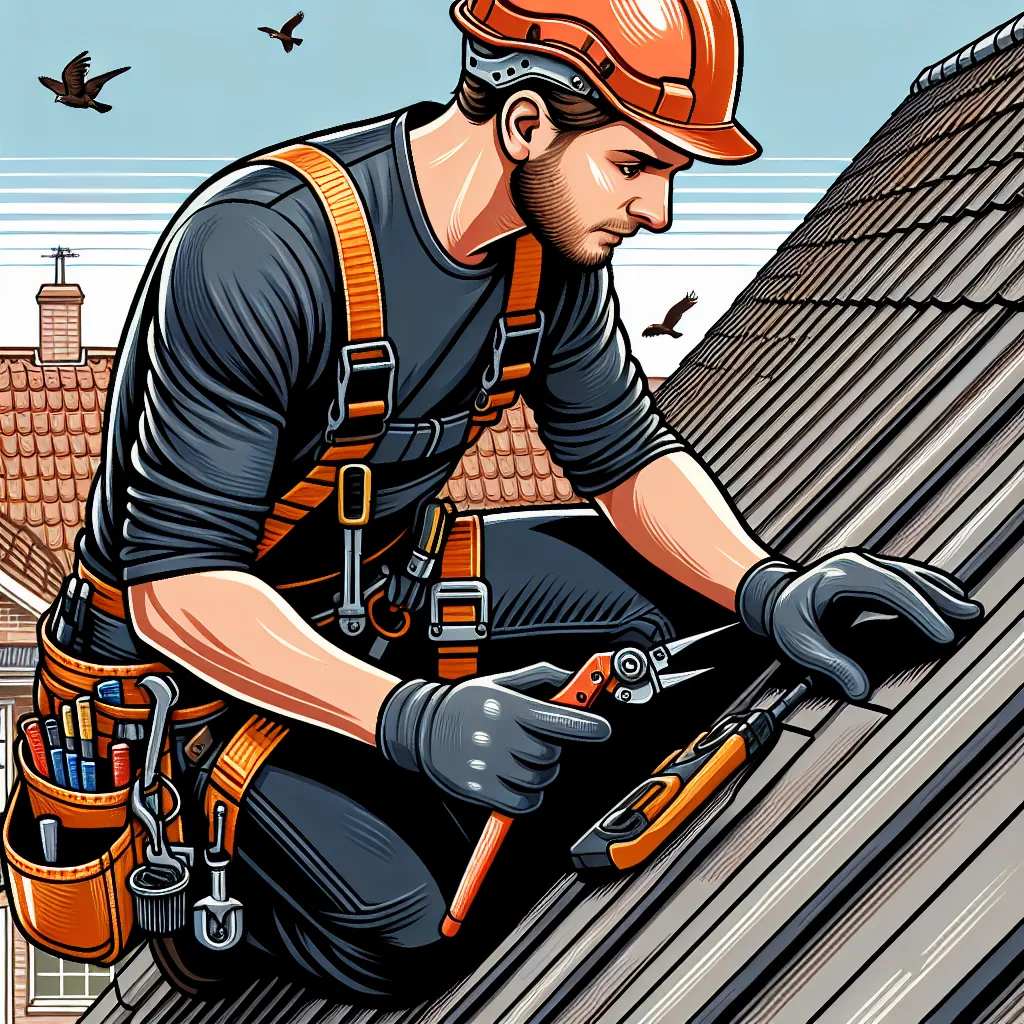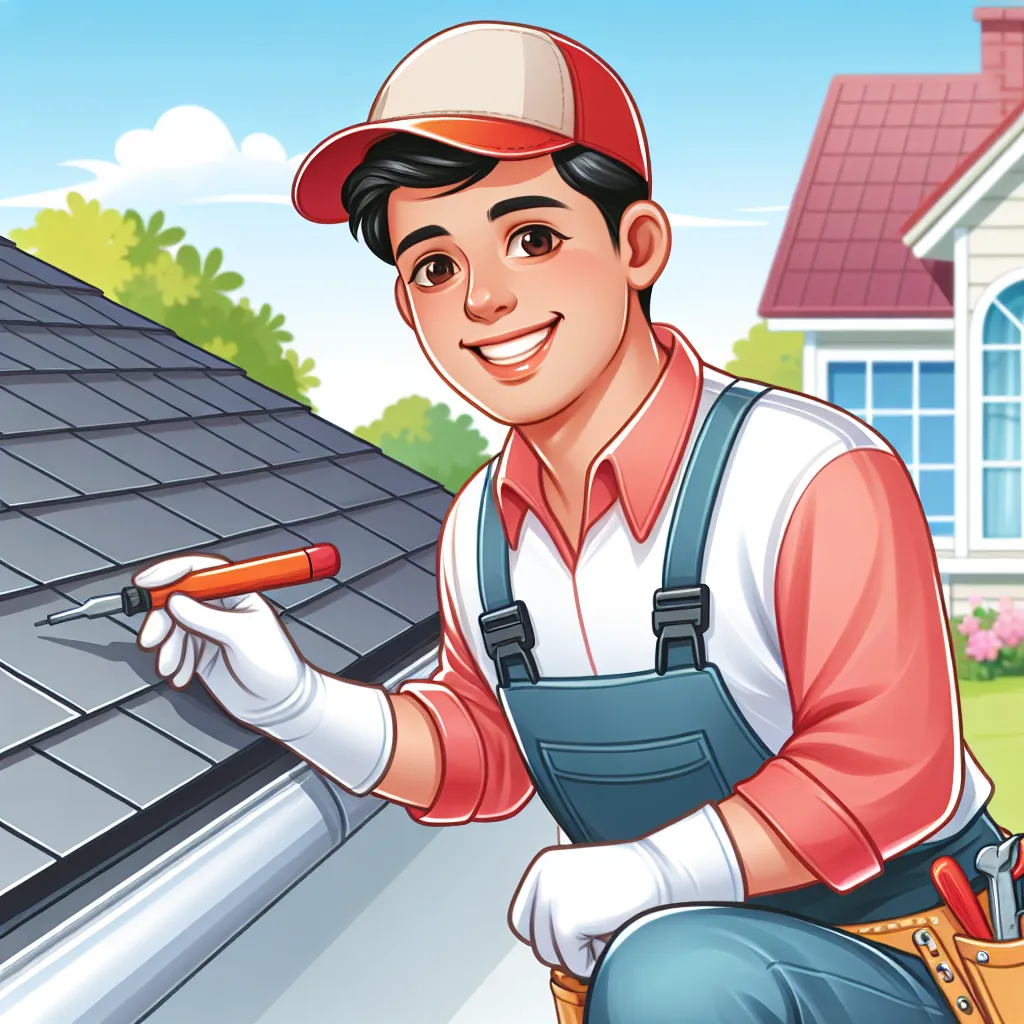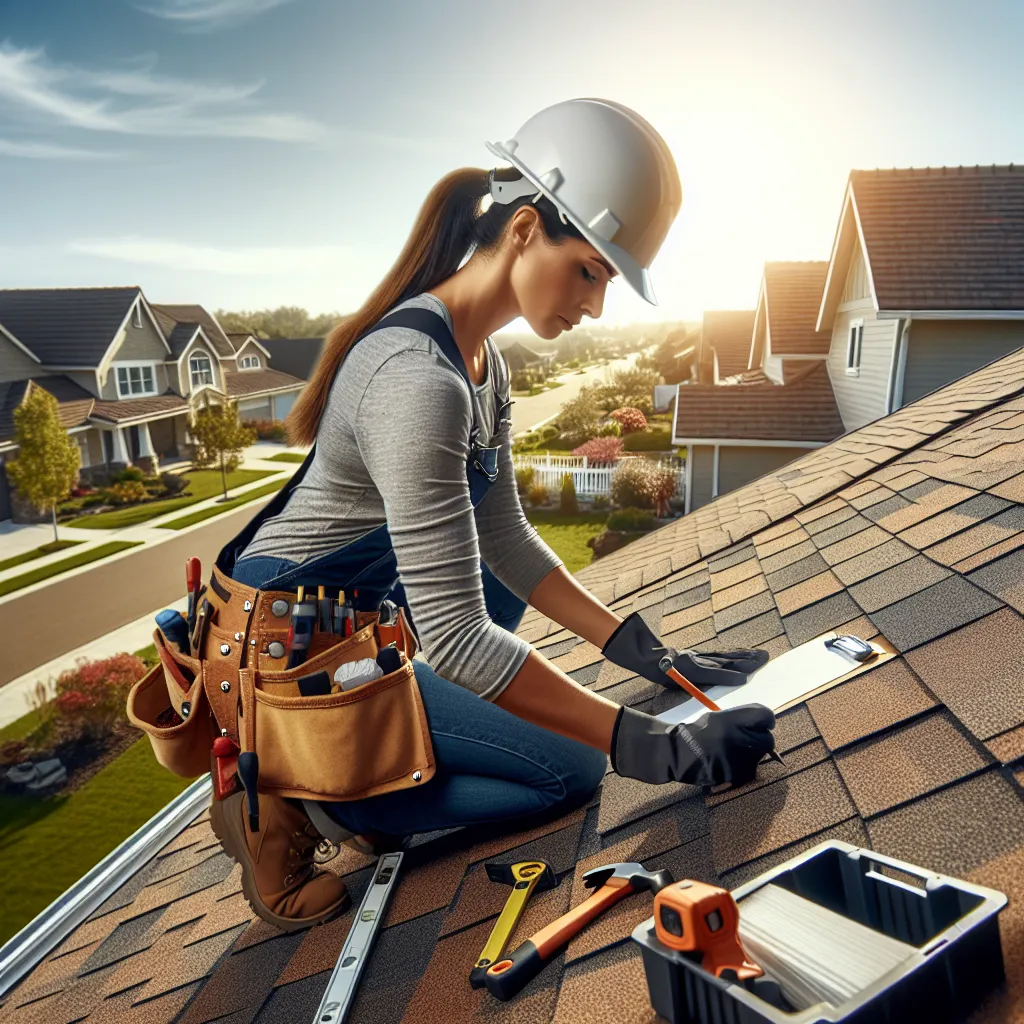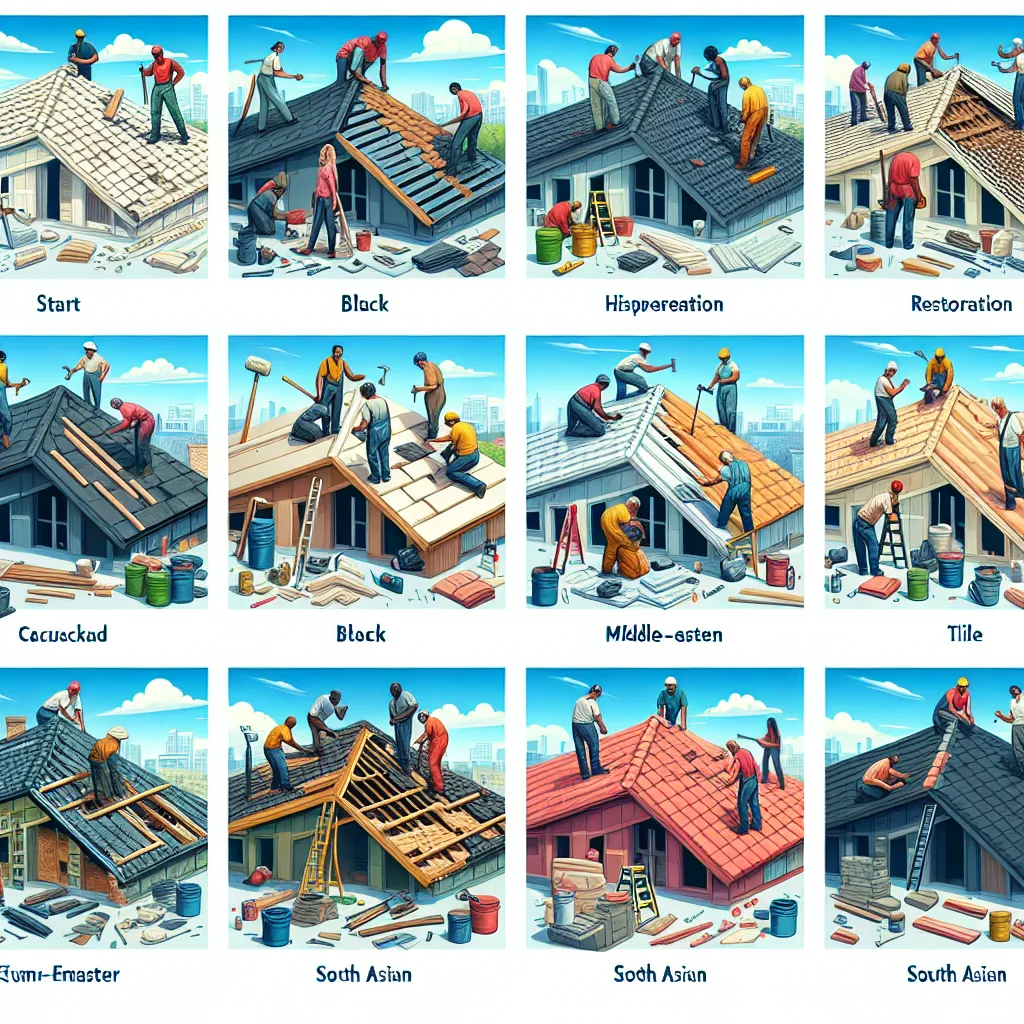Roof replacement contractors aren’t just people who hammer shingles down—they’re the folks we trust with the very thing that keeps us safe, dry, and warm. Yet, finding roof replacement contractors who truly deliver quality, transparency, and peace of mind can feel like hunting for a needle in a haystack. Whether we’re battling storm aftermath or just facing the march of time, understanding roof replacement contractors is the first step to a sturdy, headache-free home.
What Are Roof Replacement Contractors and Why Should We Care?
Roof replacement contractors specialize in removing old roofing and installing new systems—think of them as doctors for our homes, diagnosing issues and prescribing the right fix. Their skills cover everything from materials selection to complex installation methods, often under strict building codes. Choosing the right ones matters because a poorly done roof isn’t just ugly—it leaks, sags, and costs us thousands in the long run.
Why the Right Roof Replacement Contractors Make All the Difference
- Long-term Protection: Good contractors build roofs that last for decades, not just years.
- Safety: They follow regulations so our homes stay safe and insurable.
- Resale Value: A new, well-installed roof can make or break a home sale.
- Peace of Mind: Reliable contractors handle permits, warranties, and clean-up.
Key Benefits of Hiring Professional Roof Replacement Contractors
Let’s break down why we shouldn’t just grab a ladder and some shingles ourselves.
| Benefit | What It Means for Us |
|---|---|
| Expertise | Fewer mistakes, better materials, code-compliance |
| Time Savings | Projects done faster, with less disruption |
| Safety | No risky DIY climbs, proper gear used |
| Warranty Coverage | Both labor and materials can be covered |
| Cleanup Included | No stray nails or debris left behind |
Real-World Perks
- Licensed and Insured: If an accident happens, we’re not on the hook.
- Access to Quality Materials: Contractors buy in bulk—meaning better pricing for us.
- Full Assessments: They spot hidden problems (like rotten decking) we might miss.
Drawbacks: What Should Give Us Pause?
Even the best roof replacement contractors aren’t perfect. Here are some real concerns to keep an eye on:
- Cost: Professional replacement isn’t cheap. Expect to pay more for quality.
- Scheduling: Top contractors get busy—sometimes we’ll need to wait.
- Varying Skill Levels: Not all contractors are created equal. Some cut corners.
- Change Orders: Unseen issues (like rotten wood) can mean extra charges.
Tip: Always get a written, itemized estimate—never just a handshake or verbal promise.
Practical Use Cases for Roof Replacement Contractors
We might need roof replacement contractors for all sorts of reasons:
- Storm Damage: After hail, wind, or falling branches.
- Aging Roofs: Shingles curled, granules lost, leaks everywhere.
- Major Renovations: Adding rooms or changing rooflines.
- Energy Upgrades: New ventilation or insulation systems.
- Insurance Claims: Professional documentation for adjusters.
Three Short Success Stories
- A Family in Des Moines: Their 30-year-old roof started leaking after a wild summer storm. Roof replacement contractors finished the new install in under a week, working with their insurance adjuster. Not a single call-back since.
- A Retired Couple in Cedar Rapids: They wanted to sell their home, but buyers balked at the old roof. Contractors replaced it with energy-efficient shingles, and the house sold above asking within days.
- A Small Business in Iowa City: An aging flat roof threatened inventory every rainstorm. Contractors recommended a modern membrane system, finishing ahead of schedule and under budget.
How to Choose Roof Replacement Contractors: Criteria That Matter
Not sure who to trust? Here’s how we can separate the wheat from the chaff:
1. Licensing and Insurance
- Check for state-required licenses and up-to-date liability and workers’ comp insurance.
- Ask for documentation—don’t just take their word for it.
2. Experience and Reputation
- How long have they been in business?
- Read reviews and ask for references (and actually call a few).
3. Written Estimates and Contracts
- Demand a detailed, itemized written estimate.
- Make sure the contract spells out materials, timelines, payment schedules, and warranty info.
4. Warranty Details
- What’s covered: labor, materials, or both?
- How long do warranties last, and are they transferable if we sell the house?
5. Communication and Responsiveness
- Do they answer questions clearly and promptly?
- If they’re vague now, it won’t get better once the job starts.
6. Cost Transparency
- Watch out for hidden fees or vague “allowances” in the estimate.
- Good contractors are clear about what’s included and what costs extra.
Quick Table: Key Questions to Ask Roof Replacement Contractors
| Question to Ask | Why It Matters |
|---|---|
| Are you licensed/insured? | Protects us from liability |
| Who handles permits? | Avoids legal issues and delays |
| What’s the payment schedule? | No surprises or upfront demands |
| What’s your process for clean-up? | No mess left behind |
| How do you handle changes? | Prevents surprise charges |
Cost Breakdown: What Should We Expect?
Roof replacement costs vary wildly, but here’s a simple breakdown:
| Cost Factor | Typical Range (per sq. foot) |
|---|---|
| Asphalt Shingles | $3.50 – $5.50 |
| Metal Roofing | $6.00 – $12.00 |
| Tear-off/Disposal | $1.00 – $2.00 |
| Labor | 40-60% of total project cost |
| Misc. (vents, flashing) | $500 – $2,000 (project-based) |
Note: Always ask for a final, all-in price—some contractors like to lowball and then add “extras.”
Graph: Average Roof Replacement Timeline
Roof Replacement Contractors
When considering roof replacement contractors, choosing the right team is crucial for durability and peace of mind. These contractors specialize in removing old roofs and installing new, weather-resistant systems, ensuring your home stays protected for decades.
Why Trust Professional Roof Replacement Contractors?
- Expertise & Certification: They follow strict standards, ensuring quality.
- Warranty & Insurance: Protects you from unexpected costs.
- Time & Cost Efficiency: They complete projects faster and often at better prices due to bulk purchasing.
How to Compare Contractors:
| Criteria | What to Look For |
|---|---|
| Licensing & Insurance | Verify credentials for legal & financial protection |
| Experience & Reputation | Check reviews and references |
| Detailed Estimates | Ensure transparency & clear costs |
Graph:
FAQs About Choosing the Right Roof Replacement Contractors
How do I know if I need a roof replacement or just a repair?
If your roof has widespread leaks, missing or curling shingles, or is over 20 years old, it’s likely time for a replacement. A professional contractor can assess the damage and recommend the best course of action.
What should I look for when evaluating a roof replacement contractor’s estimate?
Ensure the estimate includes detailed costs for labor, materials, disposal, permits, and a timeline. It should also specify warranties and clarify who handles permit acquisition.
Is it necessary to stay home during the roof replacement process?
Yes, you can stay home, but expect noise and mess. Moving cars and pets away from the work site is recommended for safety reasons.









